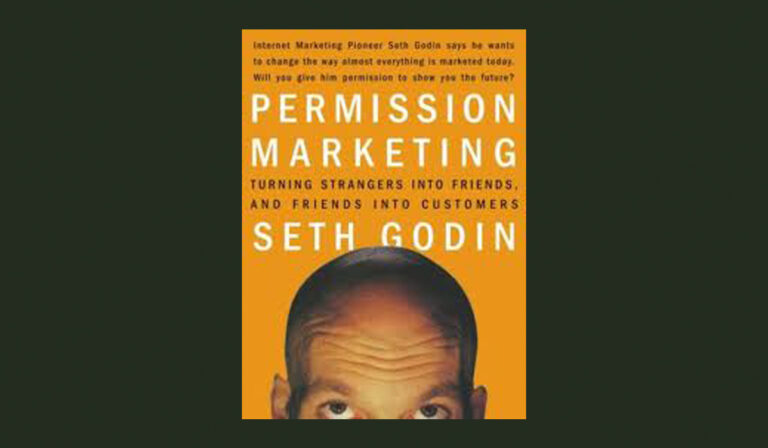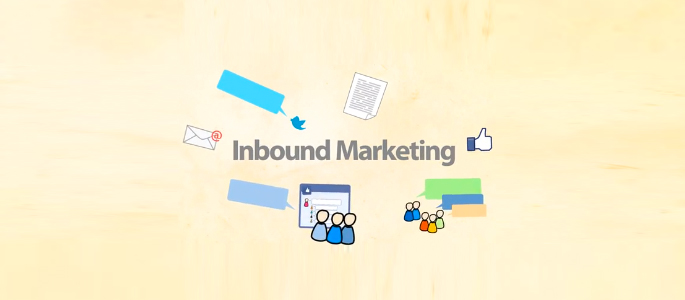Managing Your Own Social Engagement: It’s Not Just a Good Idea, It Might Be the Law
I’m relatively outspoken on a lot of different topics, and one of them is the need for business owners and marketers to handle their own social engagement. Doing so allows them to keep their finger on the pulse of their industry, along with customer discussions and concerns and insights they just couldn’t find ‘not’ being there.
As it turns out, doing so may not just be a good idea, but also a legal requirement.
Social Engagement and Legal Disclosure
Recent changes to U.S. law, enacted by the Federal Trade Commission (FTC), make it clear that bloggers and marketers must “clearly and conspicuously” explain issues of payment or endorsement. You can download the .com disclosures PDF here for more about disclosure and what it means to bloggers, but a couple of provisions deserve a closer look.
The first is that it is explicitly stated that anyone with a connection to a product or service they are endorsing must disclose this fact. I have railed before about the relatively high number of influential people who seem to be stealth marketing products and services under the guise of discussion, contests, and other forms of social interaction. Marketing while pretending you aren’t is unethical; now we know it’s likely illegal, too.
Secondly, the language within these guidelines leaves some grey areas when it comes to everyday engagement. In fact, I would argue that having another marketer or firm compose, broadcast, or schedule things like tweets and other social updates on your behalf fits the bill. If that’s the case, then those relationships should be fully disclosed under FTC law.
If it sounds like I’m splitting hairs, understand that there is a bigger issue at play here – governments around the world are finally listening to their citizens, and those citizens are saying they want to know who they are interacting with, and why, at all times. They don’t want to have to guess about the real identities of marketers, or wonder what their true intentions and motivations might be.
Best Practices Are Winning Out
What we are seeing again and again – on social media, in email marketing, and elsewhere – is that people are pushing for improved transparency. They understand that business leaders are busy people, and that some of the work of messaging is going to be handled by copywriters, consultants, and of course, staff.
What they don’t understand, though, is why ethical guidelines should be suspended just to make things easier for some companies.
Being completely clear about who you are and what you want is simply best practice. Not only does engaging with customers yourself take less time than you probably think, but it’s also a great way to build trust and grow a following. Your connections want to hear from you, even (and probably especially) if what they hear doesn’t sound like a canned sales pitch.
A lot of marketers have been ignoring laws like the ones that require them to disclose business relationships and compensation, and many will probably continue to ignore them because it suits their interests. For the rest of us, though, a more transparent web is actually a great thing. It lets us show off the truth of social engagement, and that’s bound to win out over time.
{{cta(’50b5e2ca-95c0-4ebf-a497-cb56bf055062′)}} {{cta(‘ab2f54c9-130d-474d-b1fd-2f642e788b86’)}}







